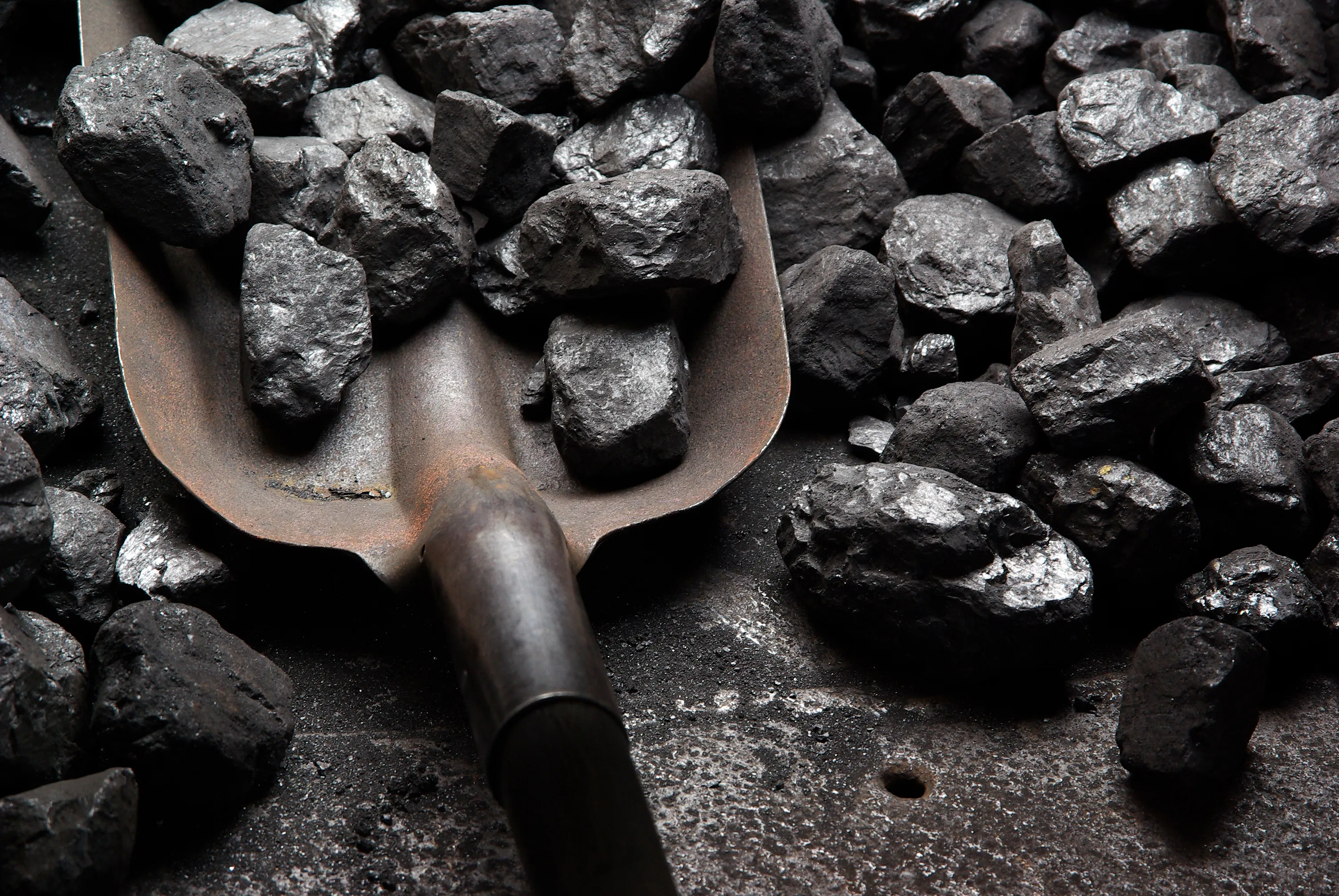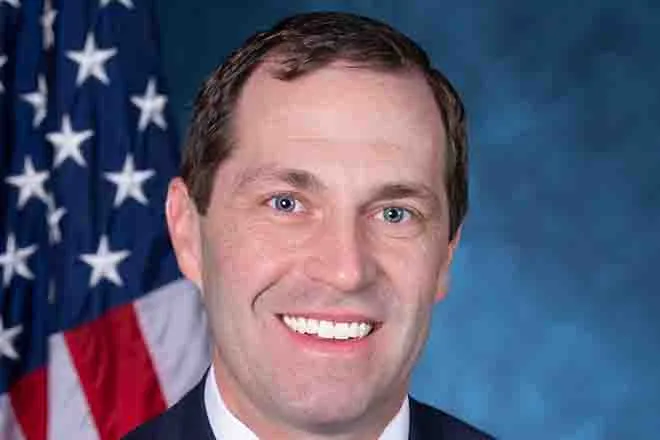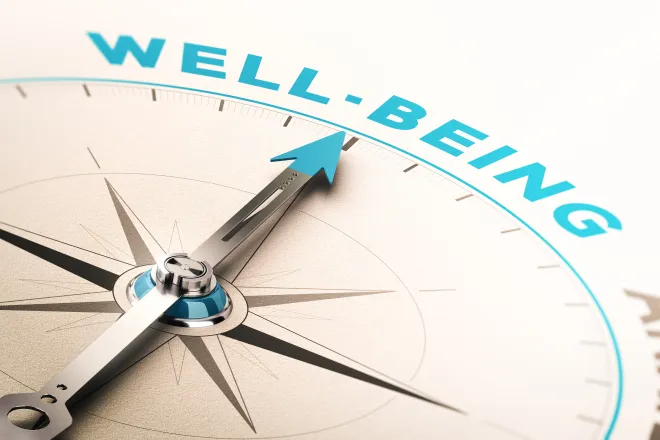
Daily Audio Newscast Afternoon Update - October 24, 2025
© INDU BACHKHETI - iStock-1336427297
News from around the nation.
'No Kings' organizers plan new 'rapid response network'; IL migrant clinic sees drop in patients due to ICE activity and expert MD adoptees need to find community, even into adulthood.
Transcript
The Public News Service Friday afternoon update.
I'm Joe Ulori.
Social security payments will rise 2.8 percent in 2026, giving retirees about $56 more each month.
Nearly 71 million Americans will see the increase in January when supplemental security income payments will go up starting December 31st.
The Associated Press reports the smaller boost reflects easing inflation, following higher adjustments in recent years.
Targeted boycotts, electoral organizing, and additional street protests are on the table for the No Kings Alliance, the groups behind last weekend's anti-Trump demonstrators.
While Republicans spent days trying to downplay the protests, an estimated 7 million people in all 50 states took to the streets calling for an end to what they described as the administration's authoritarian actions.
On a national call this week, Indivisible co-founder Ezra Levin said groups will now work to build a nationwide rapid response network asking supporters to take new actions each week.
No successful anti-authoritarian movement in the history of the world has relied exclusively on one day protests.
Successful movements grow, they evolve, they diversify their tactics, and they do new things together.
A just released survey from the Public Religion Research Institute shows respondents share some of the same concerns as protesters.
Ask if President Trump is a potentially dangerous dictator whose power should be limited, or a strong leader who should be given necessary power, Americans chose the dictator option by 56 percent to 41, a margin that has nearly doubled since April.
A free health clinic for migrants in Chicago is being forced to pivot its approach to caring for patients due to increased ice presence across the city.
The organization evolved from providing street medicine during Chicago's migrant crisis to operating a free clinic serving immigrants.
But clinic lead Kelly Bauman says they've seen a decrease in patients coming in due to escalated federal immigration efforts.
We know that people still need to come to clinic.
Oftentimes people are scheduling appointments, but then on the day of clinic, we see increased activity of ICE and people are afraid to leave their homes.
She says ICE has not targeted the clinic directly, but some patients have been detained elsewhere.
She says they've implemented protocols to ensure patient and staff safety and have reduced public marketing of their services, relying more on word of mouth referrals.
They are also exploring alternative ways to meet patients' needs, like telehealth services and health education.
I'm Judith Ruiz-Branch reporting.
This is Public News Service.
New national data reinforce what labor analysts have been warning for years.
The US economy faces a severe skills shortage.
States are responding to ensure students have solid credentials, and as Mike Mullen reports, North Dakota is part of the conversation.
Environment Minnesota teamed up with volunteers to collect samples from 41 lakes, rivers, and streams.
All but one were analyzed with detections confirmed across the board.
Scientists are learning more about how these fragments from larger plastic items that break down over time enter the environment and what the health risks are.
Environment Minnesota's Caitlin Rolfes says their results make it clear that freshwater sources aren't immune.
And now we know that they have been found in 40 lakes across the state.
The project tested four types of microplastics, including fibers from clothing and textiles, and film used in plastic bags and flexible packaging.
A new report finds discretionary parole boards in New York and nationwide are inherently flawed.
Prison Policy Initiative report says parole releases are declining in every state due to what it sees as flaws in the system.
Wanda Bertram with the Prison Policy Initiative says this type of system dashes people's hopes for early release.
It doesn't matter how much work they might do on themselves, how much they might transform their lives while they're incarcerated.
Many people behind bars who have done that, for instance, who committed violent crimes, spent decades behind bars and have become completely different people.
The report says 2022 was the worst year for people in New York prison seeking parole, in part since there were fewer parole board hearings and they approved fewer applications.
These numbers declined during the early years of the pandemic.
Although they're slowly rebounding, the numbers of meetings and paroles granted still well below pre-pandemic levels.
I'm Edwin J. Vieira.
Experts often stress how important it is for adoptive families to connect with one another, creating communities based on a shared experience and understanding, but that remains important for adoptees even as they enter adulthood.
More from Zimone Perez.
Bethany Frazier is a business owner and adoptee who a few years ago in adulthood found community with other adoptees through the Barker Foundation.
After reuniting with her biological father and discovering her ethnicity, which had been kept from her by her adoptive parents, Frazier felt confused and upset.
She ended up calling the Barker Foundation to get connected with people who validate her feelings and share her experiences.
It doesn't matter the age, gender, or the ethnicity, every single adopted person that I meet, I feel like we're almost kind of connected through this life experience, sort of starting in the same place.
At some point, we were relinquished, or something happened where we became somebody else's child.
Frazier says she wanted a community that understood her experience, but had limited connections to fellow adoptees and that it's important for adult adoptees to take the leap and join an adoptee community.
This is Joe Ulery for Public News Service, member and listener supported.
Find our trust indicators at publicnewsservice.org.
















